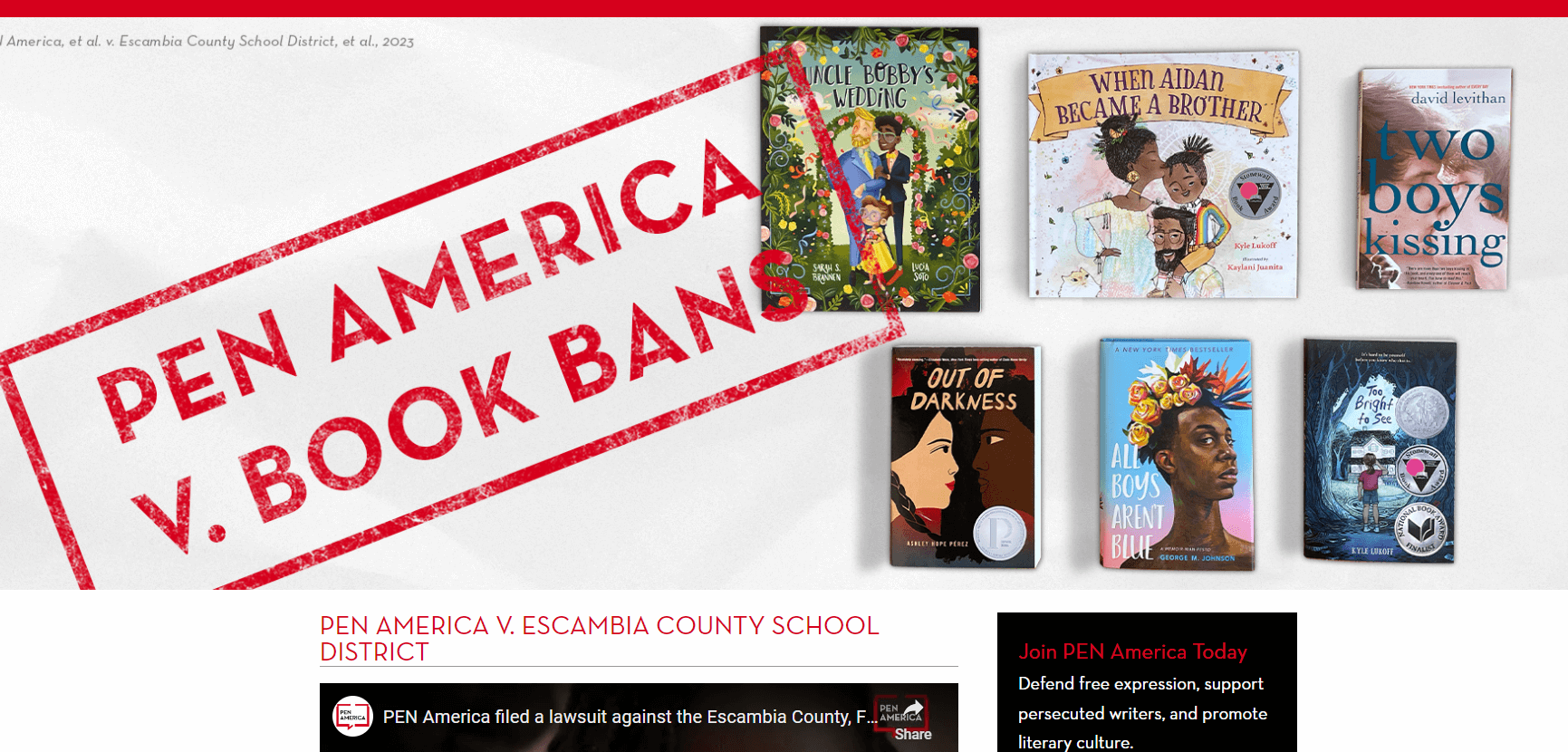
As summer wraps up and students return to school, a notable shift in extracurricular activities is emerging. Many students are now engaging in social justice causes, driven by the increasing prevalence of book censorship.
This shift is part of a broader cultural battle over access to diverse content. As book bans escalate, particularly targeting books on race, gender, and sexual orientation, high schools are seeing a rise in social justice clubs. These clubs provide students with platforms to advocate for diverse and inclusive education.
The Surge in Book Banning
Historically, book banning is not a new phenomenon. However, the scale and intensity of recent bans are unprecedented. According to PEN America, over 4,000 instances of book banning were recorded in the first half of the 2023-2024. These bans often target books that address critical issues such as race, gender, and sexual orientation, with notable examples including discussions of sexual violence and LGBTQ+ themes.
Formation of Social Justice Clubs
In response, students are mobilizing through social justice clubs, advocating against censorship and promoting diversity. For instance, a student in the article Teen Defies Censorship distributed banned books at her graduation, showcasing the determination to fight for diverse literature. Another piece from Learning for Justice, “Starting an Activist Club at School,” offers guidance on forming such clubs.
 The Political Climate in Schools
The Political Climate in Schools
The politicization of school environments is evident as book bans rise. Students, educators, and parents are caught in a cultural war over educational content. In states like Florida, students have formed banned book clubs and organized protests, fostering a sense of community and resistance.
An ABC News article highlights how students are pushing back against these restrictive measures by forming banned book clubs, creating spaces to discuss literature and advocate for intellectual freedom.
The Middle Ground: Finding Balance
Amid this debate, a balanced approach is crucial. While protecting students from harmful content is important, ensuring access to diverse perspectives is equally vital. Schools could adopt more nuanced book selection processes, involving input from parents, educators, and students. This approach could include offering alternative reading lists, providing context for sensitive materials, or allowing parents to opt their children out of certain assignments.
As discussed in my article, “Is it Possible to Strike a Balance?”, finding middle ground through open dialogue and mutual respect is key to resolving these conflicts. Ultimately, the goal should be to create an educational environment where students are both protected and empowered to explore the world through literature.
An avid book reader and proud library card holder, Angela is new to the world of e-Readers. She has a background in education, emergency response, fitness, loves to be in nature, traveling and exploring. With an honours science degree in anthropology, Angela also studied writing after graduation. She has contributed work to The London Free Press, The Gazette, The Londoner, Best Version Media, Lifeliner, and Citymedia.ca.

